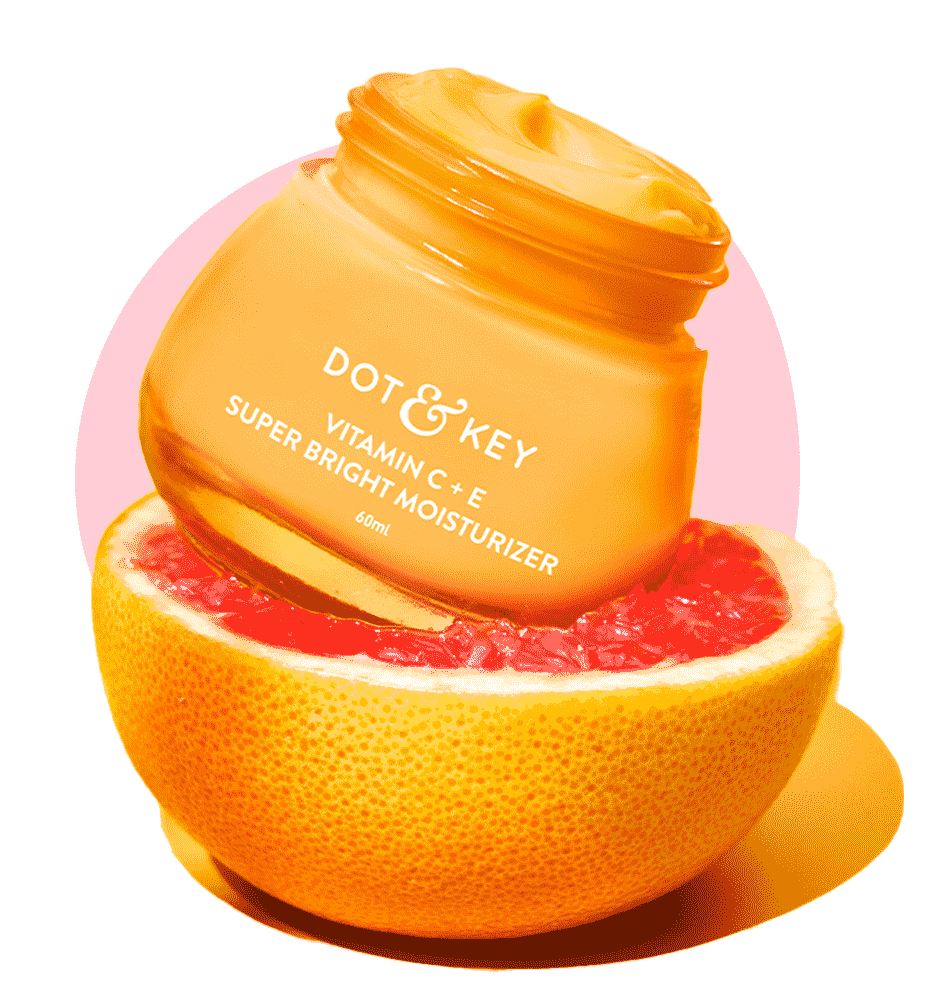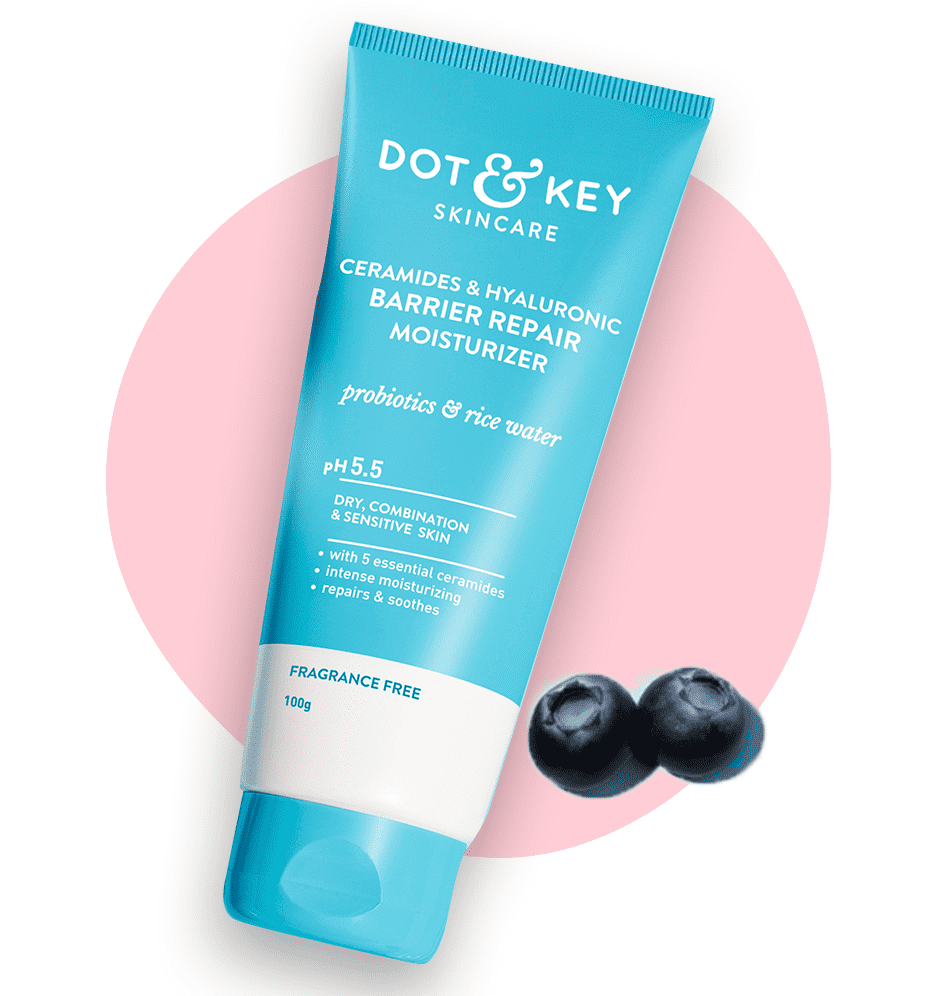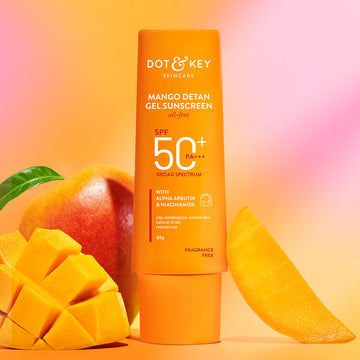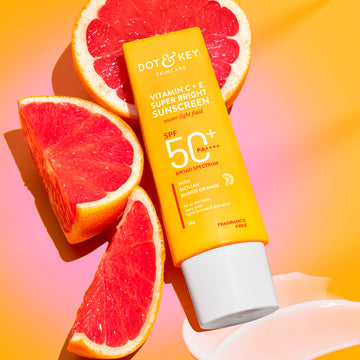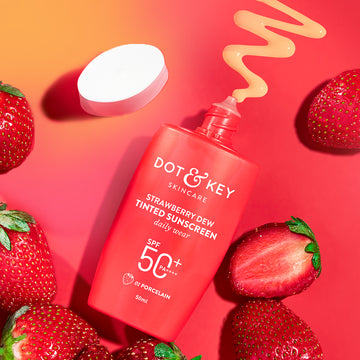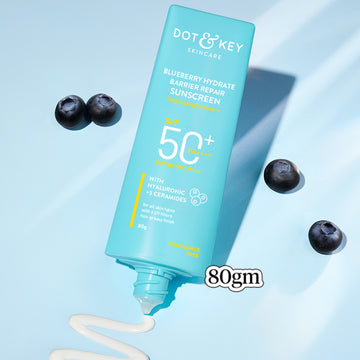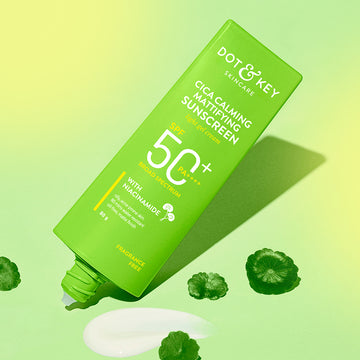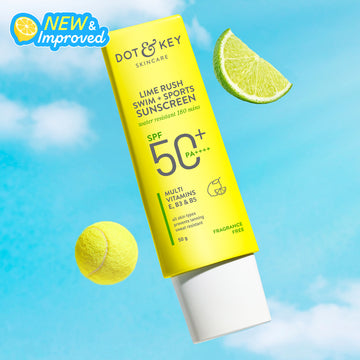
Whether you're chasing that sun-kissed glow or trying everything to avoid it, one question always stirs the skincare pot: Does sunscreen stop tanning?
We all know SPF is a must for protecting your skin from burns and damage, but its relationship with tanning? That’s where things get murky.
This guide breaks down the facts, busts a few myths, and reveals the truth about how sunscreen actually works—so you know what to expect from your time in the sun.
What Is Tanning, and How Does It Happen?
Before answering the question of whether sunscreen prevents tanning, let’s understand what tanning actually is. Tanning occurs when your skin produces melanin, a pigment that darkens your complexion, as a defense mechanism against ultraviolet (UV) rays from the sun. There are two types of UV rays at play:
- UVA Rays: Penetrate deep into the skin, triggering melanin production for that gradual tan. They’re also the culprits behind premature aging.
- UVB Rays: Affect the skin’s surface, causing sunburn and contributing to tanning by stimulating melanocytes (melanin-producing cells).
When unprotected skin is exposed to these rays, it ramps up melanin production, resulting in a darker tone. So, where does sunscreen fit into this process?
How Sunscreen Works
Sunscreen acts as a shield, either by absorbing UV rays (chemical sunscreens like avobenzone) or reflecting them (physical sunscreens like zinc oxide). Broad-spectrum sunscreens protect against both UVA and UVB rays, and their effectiveness is measured by SPF (Sun Protection Factor). For example:
- SPF 30: Blocks about 97% of UVB rays.
- SPF 50: Blocks about 98% of UVB rays.
But here’s the key question: Does sunscreen prevent tanning entirely, or does some UV light still sneak through to darken your skin? Let’s break it down.
Does Sunscreen Prevent Tanning?
No, sunscreen doesn’t completely prevent tanning, but it reduces it. Even with high SPF, a small percentage of UV rays (especially UVA) can penetrate the skin, triggering melanin production over time.
So, while sunscreen significantly lowers the intensity and speed of tanning, it doesn’t block it 100%. The extent of tanning depends on factors like SPF level, application habits, and your skin type.
The Science Behind Sunscreen and Tanning
A 2023 study published in the Journal of Dermatological Science found that SPF 50 sunscreen reduced melanin production by up to 80% compared to unprotected skin after 2 hours of sun exposure.
However, the remaining 20% of UV rays that get through can still stimulate a subtle tan, especially with prolonged exposure. UVA rays, in particular, are sneaky. They’re less filtered by sunscreen than UVB rays and are the primary drivers of tanning.
This means that even with diligent SPF use, your skin might gradually darken—though far less than without protection.
Factors That Affect Whether Sunscreen Prevents Tanning
Wondering why you still tan despite slathering on SPF? Here’s what influences the outcome:
- SPF Level: Higher SPF (50+) offers more protection, but no sunscreen blocks 100% of UV rays.
- Application Amount: Using too little—less than the recommended 2 finger-lengths for your face and neck—weakens protection.
- Reapplication: Skipping reapplication every 2 hours (or after swimming/sweating) lets UV rays sneak in.
- Skin Type: Fair skin (Type I-II on the Fitzpatrick scale) burns more than it tans, while darker skin (Type IV-VI) tans more readily.
- UV Exposure Time: Longer sun exposure increases the chance of tanning, even with sunscreen.
So, does sunscreen prevent tanning? It depends on how you use it and your skin’s natural response.
Myths About Sunscreen and Tanning
There’s a lot of confusion around does sunscreen prevent tanning. Let’s bust some myths:
-
Myth 1: Sunscreen Blocks All Tanning
Reality: As we’ve seen, sunscreen reduces tanning but doesn’t eliminate it entirely. -
Myth 2: You Can’t Tan on Cloudy Days
Reality: Up to 80% of UV rays penetrate clouds, so tanning (and burning) can still happen. -
Myth 3: High SPF Means No Tan
Reality: Even SPF 100 lets some UVA rays through, potentially causing a subtle tan over time.
How to Maximize Sunscreen’s Tanning Prevention
If your goal is to avoid tanning altogether, here’s how to optimize your sunscreen use:
- Choose High SPF: Opt for SPF 50+ with strong UVA protection (look for “PA++++” or “broad-spectrum” on the label).
- Apply Generously: Use 1/4 of a teaspoon for your face and neck—don’t skimp!
- Reapply Religiously: Every 2 hours outdoors or after water exposure.
- Layer with Clothing: Pair sunscreen with a wide-brimmed hat or UPF clothing for extra coverage.
- Avoid Peak Hours: Stay out of the sun between 10 a.m. and 4 p.m., when UV rays are strongest.
With this strategy, does sunscreen prevent tanning becomes a resounding “almost”—you’ll minimize color change significantly.
Does Sunscreen Prevent Tanning on Different Skin Types?
Your natural skin tone plays a big role in how sunscreen affects tanning:
- Fair Skin (Type I-II): Burns easily, tans minimally. Sunscreen prevents redness more than tanning, which is already limited.
- Medium Skin (Type III-IV): Tans moderately. Sunscreen slows the process, keeping the tan lighter and more gradual.
- Dark Skin (Type V-VI): Tans deeply, rarely burns. Sunscreen reduces darkening but won’t stop it entirely due to high melanin levels.
So, does sunscreen prevent tanning? It’s more effective at maintaining your baseline shade on lighter skin tones.
The Long-Term Impact: Tanning vs. Skin Health
While pondering whether sunscreen prevents tanning, consider the bigger picture. Tanning might look great short-term, but it’s a sign of DNA damage that can lead to wrinkles, dark spots, and skin cancer down the line.
A 2024 report from the Skin Cancer Foundation noted that daily sunscreen use cuts skin cancer risk by 40%. So, even if sunscreen doesn’t stop tanning entirely, it’s a lifesaver for your skin’s future.
Final Thoughts
So, does sunscreen prevent tanning? Not completely, but it dramatically reduces it, offering a shield against UV harm while letting your skin breathe. Whether you’re aiming for porcelain perfection or a subtle glow, sunscreen is your customizable tool.
Use it wisely—apply enough, reapply often, and pair it with smart sun habits. Your skin’s health and tone are in your hands.







